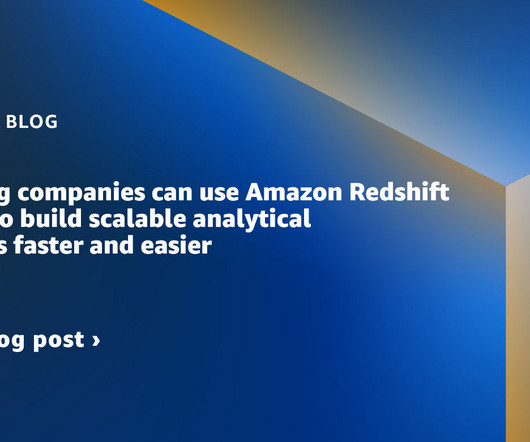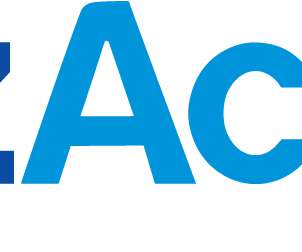How gaming companies can use Amazon Redshift Serverless to build scalable analytical applications faster and easier
AWS Big Data
MARCH 7, 2023
Data lakes are more focused around storing and maintaining all the data in an organization in one place. And unlike data warehouses, which are primarily analytical stores, a data hub is a combination of all types of repositories—analytical, transactional, operational, reference, and data I/O services, along with governance processes.














Let's personalize your content